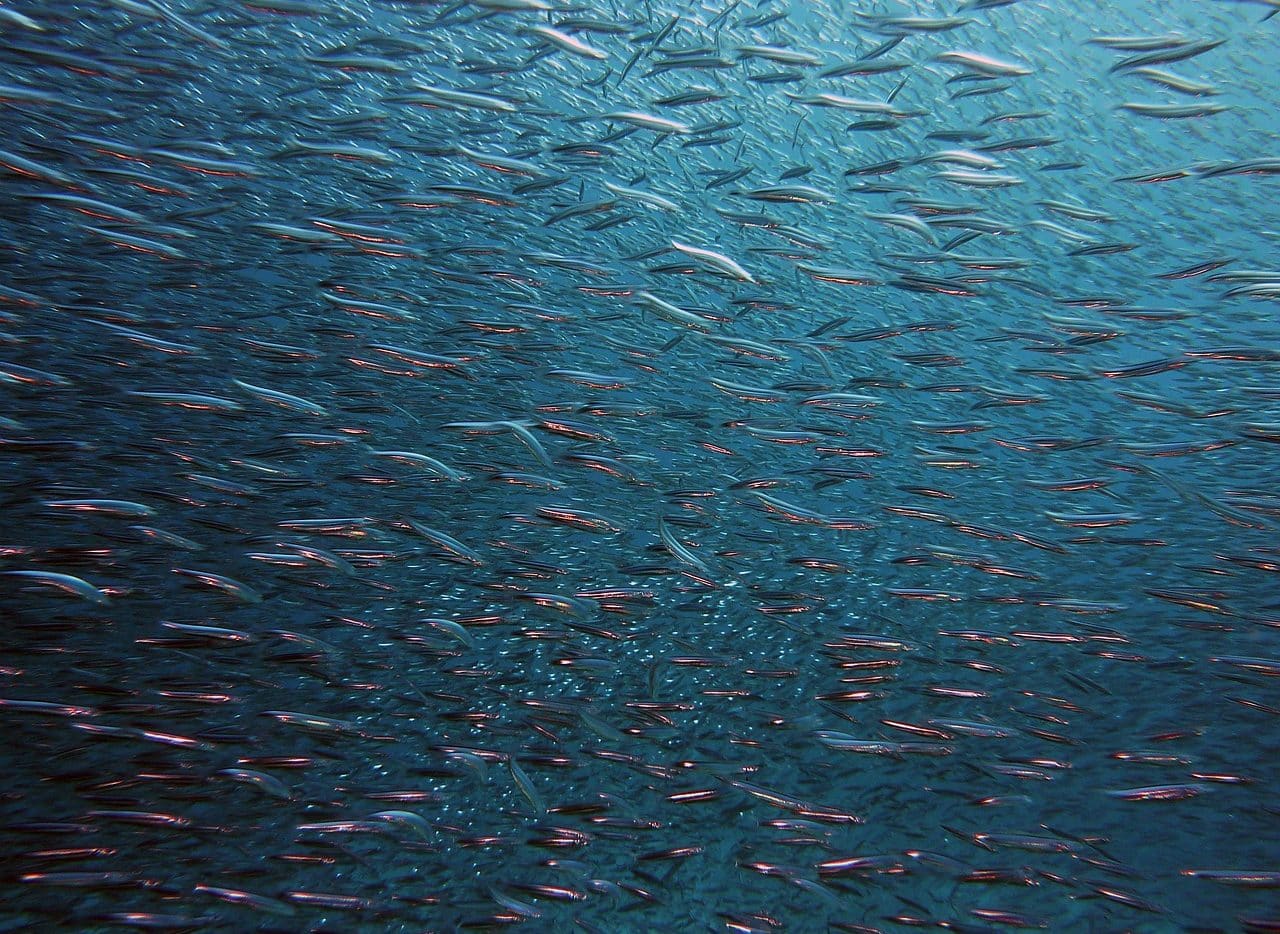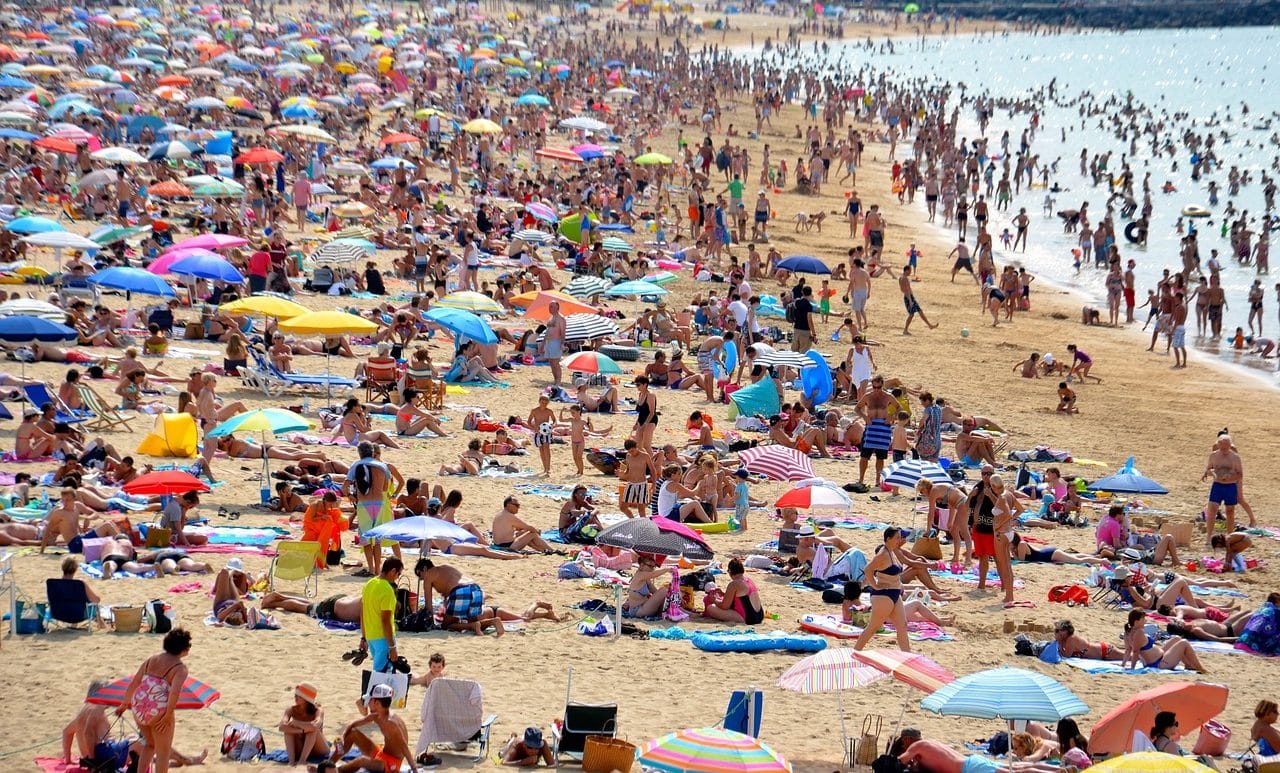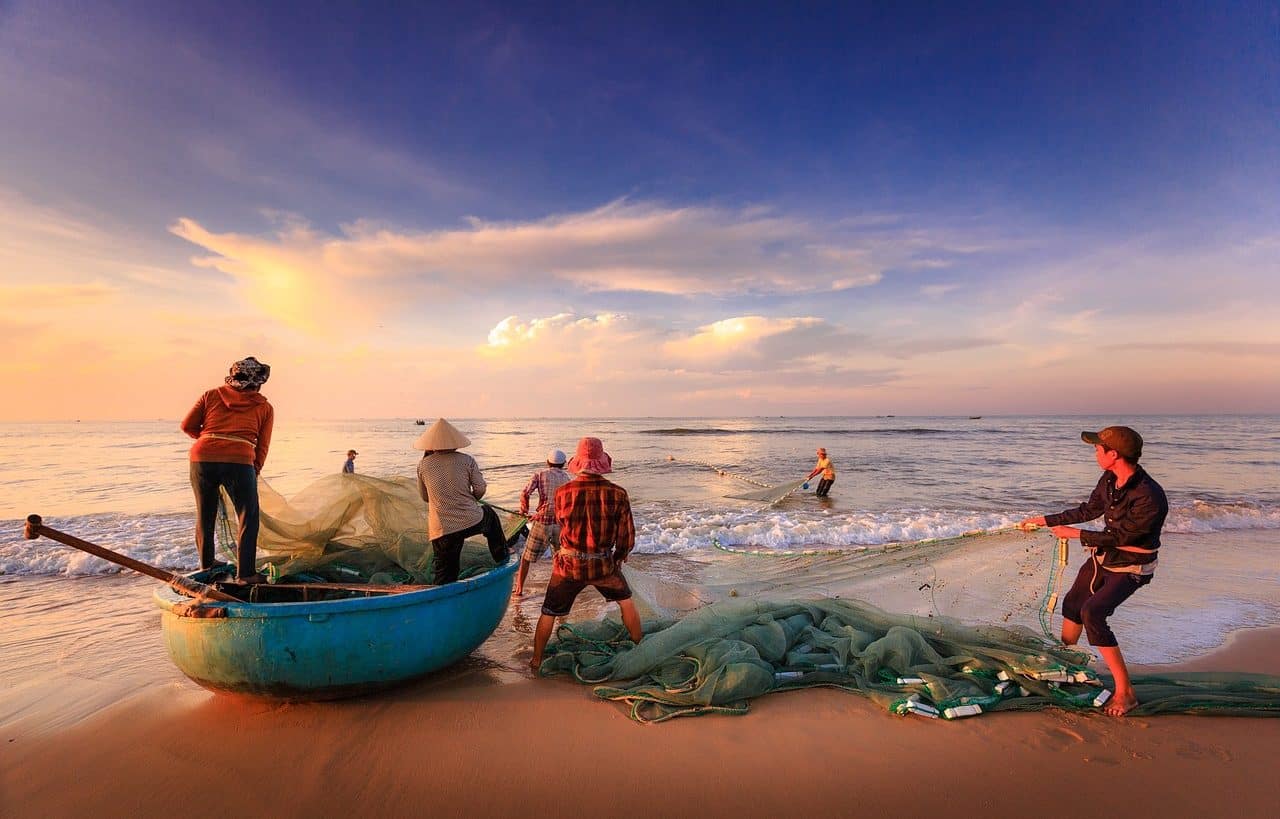
The blue economy aims to protect marine biodiversity .
The blue economy is the set of economic activities that are linked, directly or indirectly, to the ocean, sea or coast . Therefore, it is a concept that refers to the exploitation of oceanic, maritime and coastal resources for economic development.
Beyond the breadth of the aforementioned definition, there is a more limited vision that associates the notion of a blue economy strictly with the sustainable use of the aforementioned resources. In this case, emphasis is placed on the importance of aquatic ecosystems and coastlines for ecology and life in general.
Origin of the blue economy
The origin of the blue economy as a concept dates back to 1994 . In that year, the Belgian economist Gunter Pauli released a book with that title where he reflects on the importance of caring for the environment in economic systems. Although his work analyzes resource management in general, the notion little by little became associated with the link between the economy and the oceans.
Throughout the pages, Pauli describes nearly a hundred innovations that would make it possible to move towards ecological production and the development of natural systems that can also be used by animals. Based on physics, consuming local products, producing (and using) what is essential and using waste as resources are some of the proposals of the economist, who emphasized the need to find an ecological balance .
In this framework, Pauli maintains that the blue economy must be strengthened by imitating the efficiency of nature. The application of these principles, of course, can be transferred to the protection of the oceans at a general level and within the framework of their economic use in particular.

According to the principles of the blue economy, coastal tourism should not generate marine pollution.
Its characteristics
Taking into account what has been expressed, today it is understood that the blue economy is made up of economic processes that have the coasts, the sea and the oceans as their basis . Experts highlight that by promoting sustainable development this sector can become an engine of the economy thanks to its potential for innovation.
The blue economy aims to deploy fishing, aquaculture , maritime tourism and the exploitation of ocean energy in a sustainable way. That sustainability is key to marine conservation , mitigating climate change.

Food security is one of the objectives of the blue economy.
The blue economy according to the European Union
In 2021 , through an extensive report, the European Union ( EU ) announced a series of criteria and goals focused on the development of the blue economy and its contributions to the planet:
- Protect the EU maritime zone to build climate resilience , increase fish stocks and reverse the loss of biological diversity.
- Promote renewable marine energy, ecological practices in ports and the decarbonization of maritime transport to get closer to the goal of zero pollution and carbon neutrality.
- Adapt coastal infrastructure to protect coastlines and minimize the risk of flooding and erosion .
- Move towards a circular economy , reducing pollution through the dismantling of high seas platforms, the recycling of vessels and new fishing regulations.
- Produce seafood sustainably, implementing standards in this direction and controlling fishing .
It is interesting to note that, according to EU estimates, if tidal energy (tidal energy), wave energy (wave energy), thermal energy and offshore wind energy can be combined in a sustainable way, by 2050 About 25% of the electricity consumed in the block could be produced with these sources.
The scientific view
A comprehensive study published by the scientific journal “Nature” , also in 2021 , highlighted the relevance of the blue economy for the preservation of the climate, food and biodiversity . The report prepared with contributions from more than twenty authors investigated the direct link between the care of marine ecosystems and the growth of the economy.
In this framework, the text ensures that the adequate protection of the oceans would allow us to solve the ecological, food and climate crisis of the planet.
The specialists specifically identified certain maritime areas that, if strictly protected, would increase food production and significantly reduce carbon emissions.
What the “Nature” report calls for is to allocate 30% or more of the oceans to preservation by 2030 . This, its authors maintain, would quickly have a positive impact on the global economy and the environment.
Blue economy and green economy
Sometimes there is confusion between the blue economy and the green economy . As we have expressed throughout this article, the blue economy refers to sustainable economic activity that is based on seas, oceans and coasts or, in a broader sense, the economic model based on respect for nature.
The idea of a green economy, meanwhile, refers to the management of economic resources in tune with sustainability . That is why it can be said that the green economy includes the blue economy .
